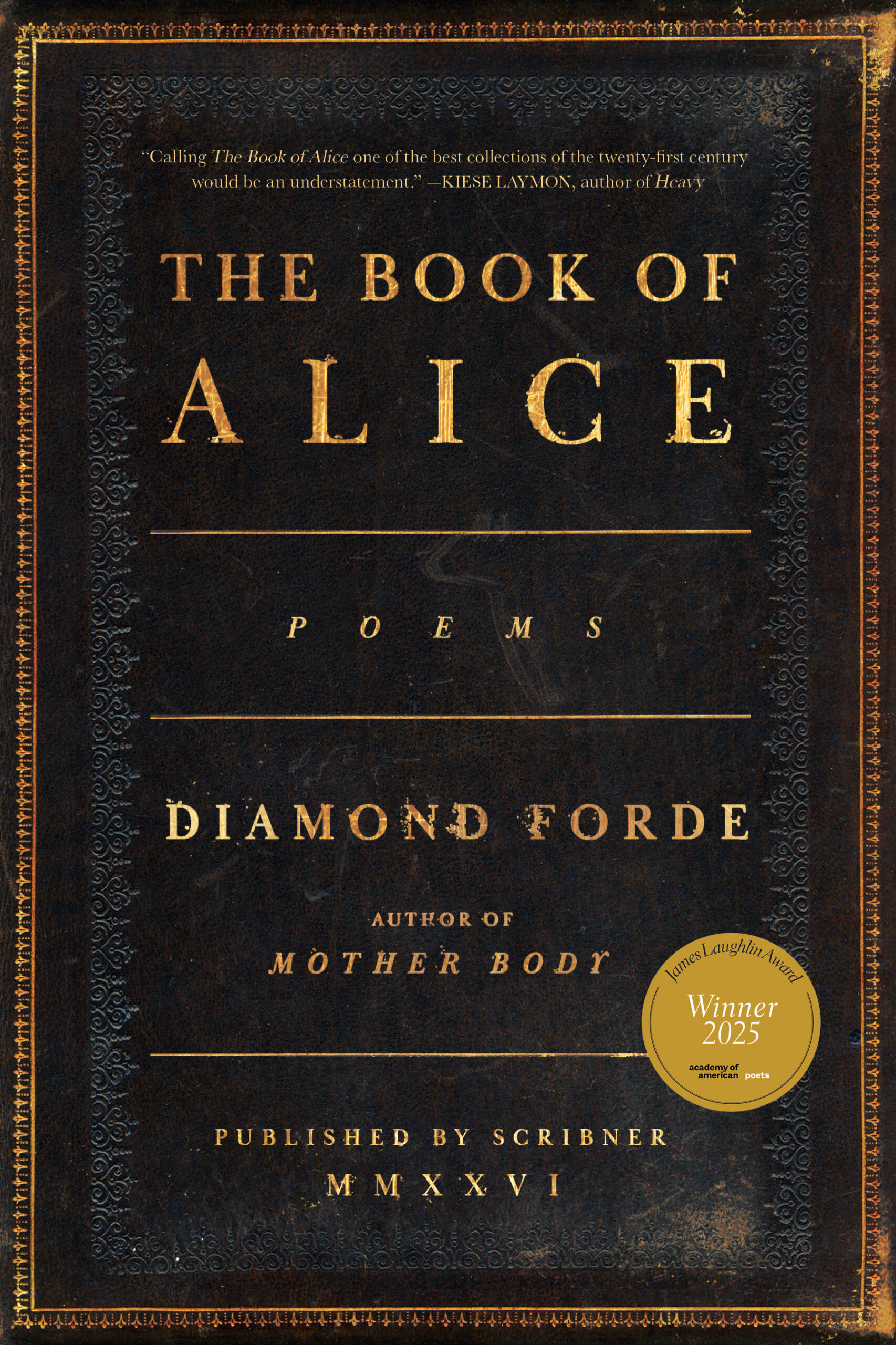 This interview is the third in a new series, Writers on Writing, which focuses on craft and process. The series is part of The Common‘s 10th anniversary celebration.
This interview is the third in a new series, Writers on Writing, which focuses on craft and process. The series is part of The Common‘s 10th anniversary celebration.
Read Pandey’s essay, “Thirty-One Things About the Lime of Control.”
 Kritika Pandey is a writer from Jharkhand, India, and a final year candidate at the MFA for Poets and Writers, UMass Amherst, where she is working on her first novel. Her works have been shortlisted for the Commonwealth Short Story Prize and are forthcoming or have appeared in Guernica, The Bombay Review, Raleigh Review, UCity Review, and eFiction India, among others.
Kritika Pandey is a writer from Jharkhand, India, and a final year candidate at the MFA for Poets and Writers, UMass Amherst, where she is working on her first novel. Her works have been shortlisted for the Commonwealth Short Story Prize and are forthcoming or have appeared in Guernica, The Bombay Review, Raleigh Review, UCity Review, and eFiction India, among others.
TC: Can you tell me about the process of writing “Thirty-One Things About the Lime of Control” and how you chose this form? Did you know from the beginning that it would include a list and that this list would be so imagistic and lyrical?
KP: I began this piece as a response to my young cousin, as mentioned, but before I knew it, it turned into something bigger, a dialogue with my own self, in a way. I didn’t know from the beginning that it would be a list. It happened somewhere towards the middle, when I couldn’t resist the urge to repeat the chant-like phrase “line/lime of control.” It’s around the same time that I decided to be deliberately lyrical and imagistic to highlight the brutal reality of war.
TC: Your fiction has been short-listed for The Commonwealth Short Story Prize twice. Did this attention change how you thought about yourself or your writing?
KP: It was very humbling and encouraging to be shortlisted. Gave me a lot of confidence. The first time I was shortlisted, in 2016, is when I first realized that now people see me as a “writer.” But I don’t think any of it particularly changed how I thought about my writing itself.
TC: What is your writing process like? Does it vary depending on what you’re writing (fiction, nonfiction, short stories, or a novel)? What are the habits and routines that help you produce your best work?
KP: My process does vary with what I’m writing. I generally get the most obsessive with nonfiction pieces. So I work on them for days at a stretch until I’m done. With short stories, the process is a bit slower, but I like to finish these up in a week or two as well. The novel is a whole different game altogether (I’m currently working on my first). I can’t afford to get obsessive or impatient with it because then I would never finish it, given how often I’d get tired and frustrated. So working on my novel has taught me how to practice endurance. How to give myself breaks, avoid burning out, allowing ideas to simmer in my head, and keeping my cool in the face of chaos.
TC: What has your experience been like as an MFA student? What advice would you give someone who is thinking about applying to MFA programs and/or ready to begin one?
KP: I’d say manage your expectations. My program offered me the time and the financial support to focus on my work. An MFA is what you make of it. There is the possibility of getting disappointed if one goes into it hoping to be “taught” how and/or what to write. I didn’t because I’m a very independent worker and probably that’s why I had a great experience. I’d say that an MFA, with its faculty members and students and events and activities, teaches you how to teach yourself to write, if you allow it to do so, and that’s more than I could ask for.




